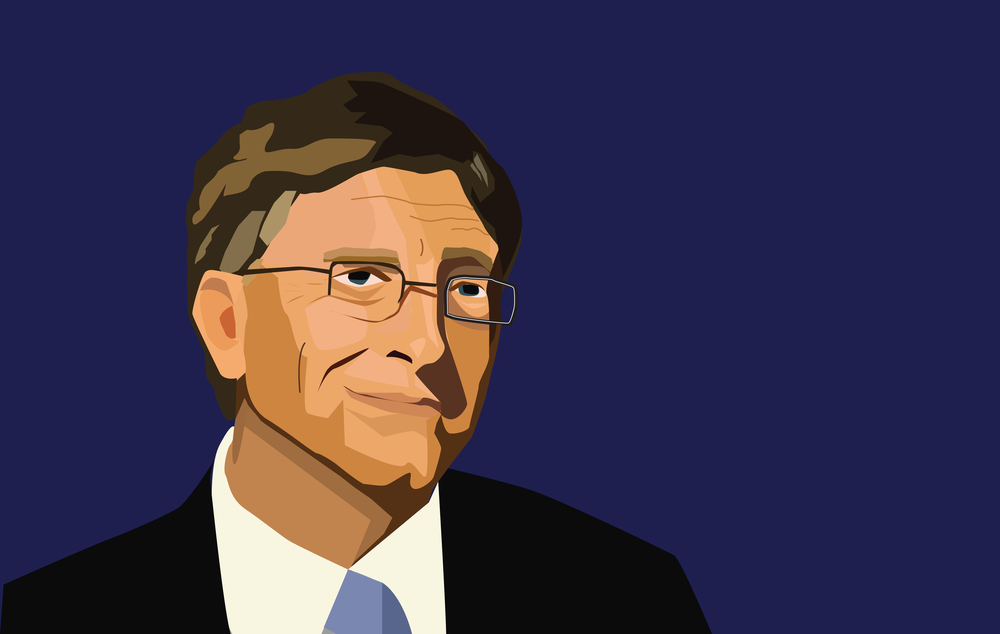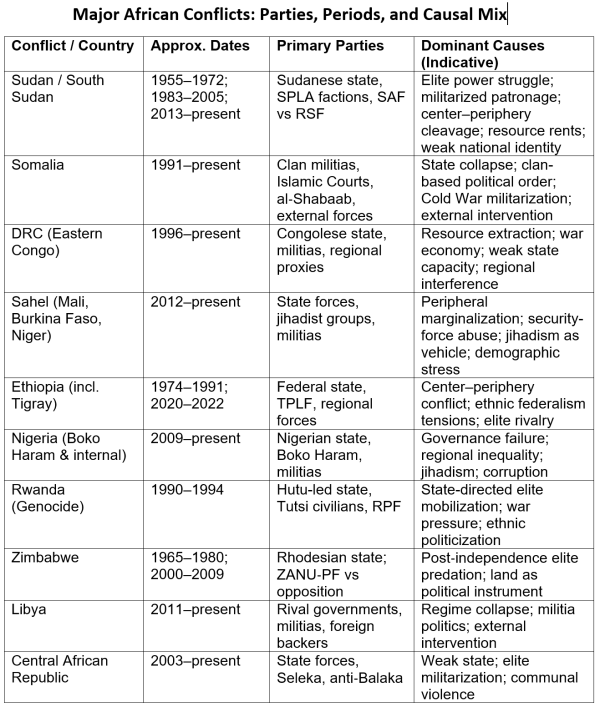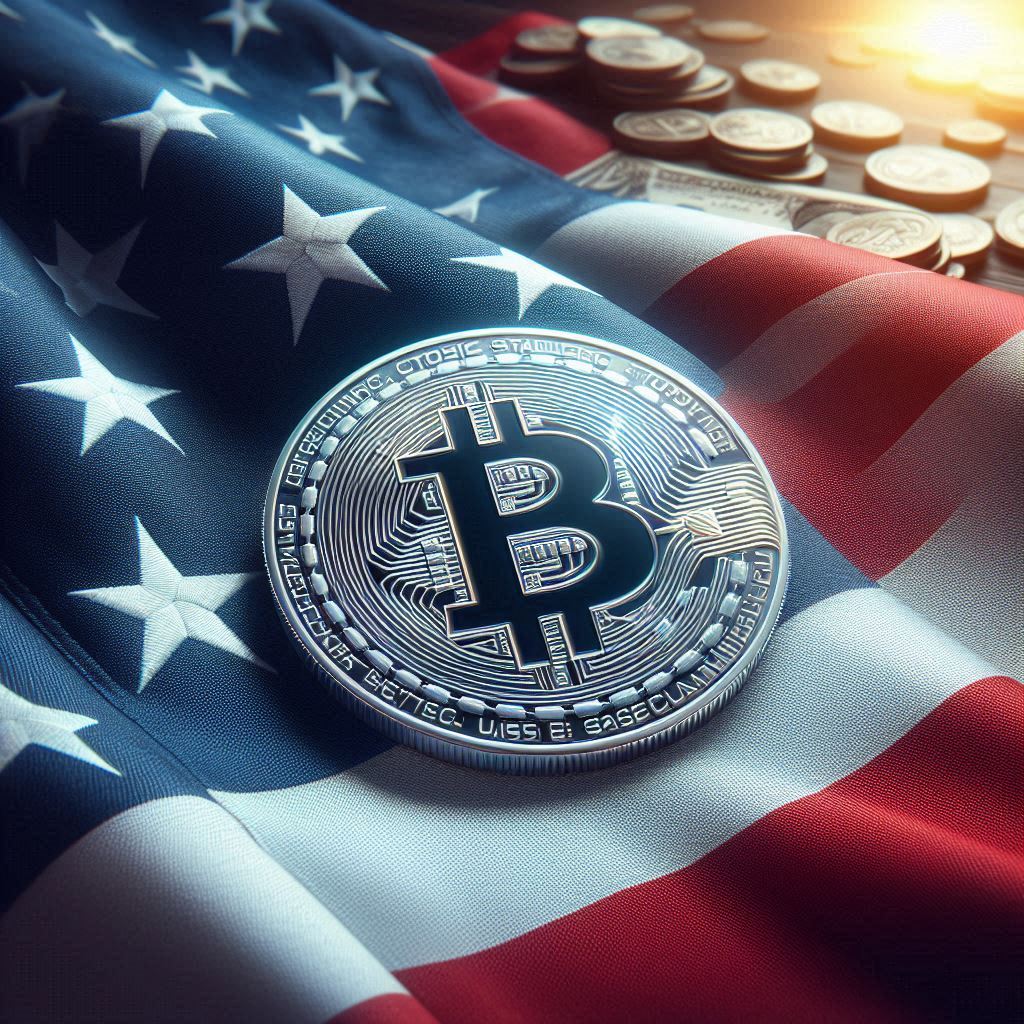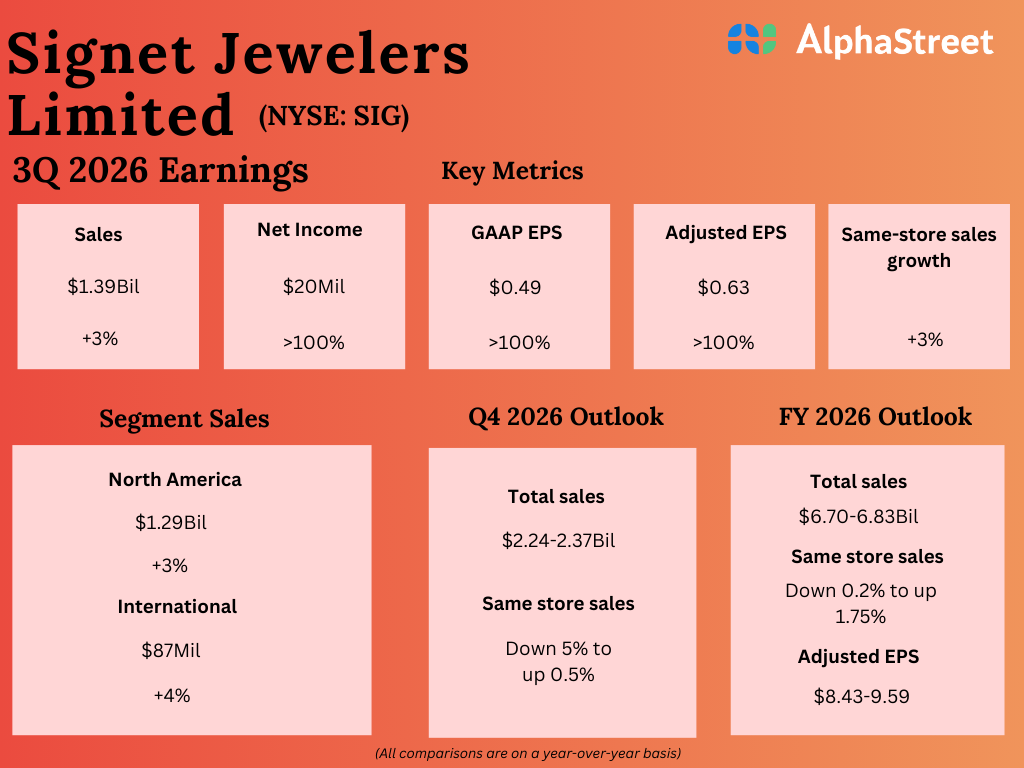I’ve started reading Bryan Caplan’s excellent new book entitled Pro-Market and Pro-Business: Essays on Laissez-faire, and have covered the first 12 (short) chapters. I had hoped to find lots of things to post about, but unfortunately I tend to agree with almost all of Bryan’s arguments. There is one chapter on antitrust, however, which I found a bit unsatisfying. Although even in that case I probably agree with the policy implications of his argument:
Since 2007, Bill Gates has given away $28B, 48% of his net worth. Frugal Dad estimates that he’s saved almost 6 million lives. I haven’t double-checked his sources, but it’s a plausible estimate.
Back in the nineties, Bill Gates was experiencing far less favorable publicity – and legal persecution. The U.S. government sued Microsoft for antitrust violations. In 2000, Alex Tabarrok estimated that the antitrust case had cost Microsoft shareholders $140B. Yes, Microsoft ultimately reached a relatively favorable settlement. But Gates probably would have been billions richer if antitrust laws didn’t exist. . . .
If Gates’ philanthropy is as efficacious as most people think, there’s a shocking implication: The antitrust case against Microsoft had a massive body count. Gates saves about one life for every $5000 he spends. If the case cost him $5B, and he would have given away 48%, antitrust killed 480,000 people. If the case cost him $5B, and he would have given away every penny, antitrust killed a million people. Imagine how many people would be dead today if the government managed to bring Microsoft to its knees, and Gates to bankruptcy. It staggers the imagination.
I’ve made a similar argument about Bill Gates when speaking with people, but I think this goes a bit too far:
You might object, “By the standard, Gates himself is killing millions by failing to give even more.” If you’re a consequentialist, that’s exactly correctly; we’re all murderers in the eyes of Jeremy Bentham and Peter Singer. But if we stick to the common sense distinction between “killing” and “letting die,” Gates is innocent, and the government remains guilty.
I don’t find any of that to be a common sense interpretation. I am a consequentialist, and I don’t believe that refraining from charity is murder. Nor I do believe that a “common sense distinction” would find the US government guilty of killing in this case.
Antitrust involves both efficiency and equity issues. I am skeptical as to whether the US government’s antitrust case against Microsoft made the economy more efficient, and I suspect Bryan is also skeptical. As a result, our policy views would likely end up in roughly the same place. But Bryan’s post implicitly focused on the impact of redistribution, not efficiency, so that’s where I’d like to address my comments.
The logic of this chapter suggests that income redistribution from the rich to the middle class is bad on utilitarian grounds, because the rich have a much higher propensity to help the poorest people in the world. In the case of Bill Gates, that is probably true. But public policies should not be constructed on how they would impact a single individual; rather we need to consider the overall effect of any policy of redistribution. Many rich people spend their wealth on consumption, and/or donate to causes such as wealthy universities and woke foundations.
Antitrust is a weird example to use when addressing these sorts of issues. Instead, it makes much more sense to think about the optimal design of tax and transfer programs when making consequentialist arguments based on the assumption that transferring billions of dollars to billionaires would help the poorest people in the world.
If Bill Gates were typical, then it might be optimal to sharply raise taxes on middle class and upper middle class Americans, and sharply cut taxes on billionaires. But in that case an even better policy would be a sharply progressive consumption tax regime, with the revenue going to exactly the sort of foreign aid programs that were recently slashed by the DOGE people. You might argue that this redirecting money to poor countries is politically unrealistic, as most voters believe that charity begins at home. That’s true, but it is also true that a policy of sharply higher taxes on the middle class is not particularly popular.
So what is politically feasible? One answer is that whatever comes out of Congress this year is the only politically feasible tax policy at the moment. I view that sort of reasoning as excessively defeatist. A highly progressive consumption tax on the wealthy is not an easy sell in Congress, but surely it’s less unpopular than adopting a highly regressive income tax regime. With a highly progressive consumption tax regime, Bill Gates is not in any way discouraged from trying to help the world’s poorest people. And yet this plan does not require us to worry about the welfare of billionaires when thinking about optimal tax policy and optimal antitrust policy.
Again, I’m not certain that Bryan disagrees with these policy views. But in a world where many people actually are consequentialist, I worry that it’s needlessly provocative to suggest that the world might be better off if our richest billionaires were even richer. You can get to the same place with a steeply progressive consumption tax, without turning off potential fans of free markets and big business.
As far as antitrust, I’d prefer it focus exclusively on efficiency issues (which means mostly attacking government barriers to entry), and leave questions of redistribution up to our tax and transfer system. If the Microsoft case was counterproductive, it was because it made our economy less efficient.

























